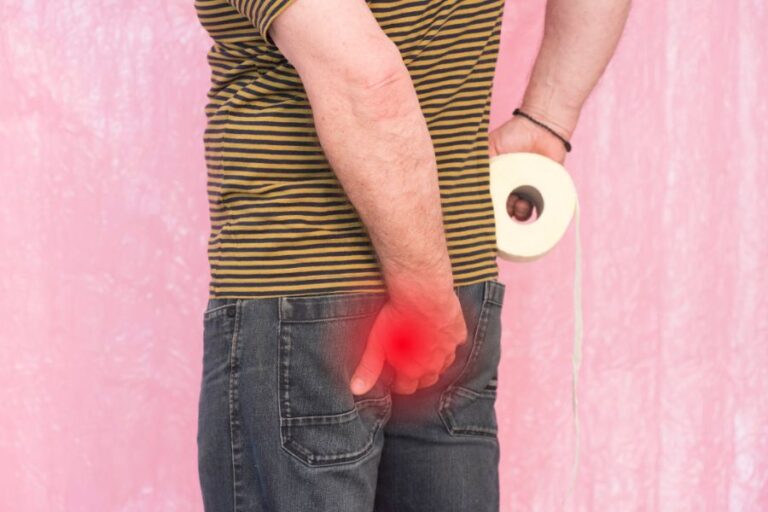- Phone: +91 94800 58379
- Mon-Sun 24/7
- contact.sanyrahospital@gmail.com


Fistula

A fistula is an abnormal connection between two hollow spaces, such as blood vessels or intestines. Types include anal fistulas, anovaginal fistulas, and colonovaginal fistulas. Urinary tract fistulas are abnormal openings or connections between organs. They can result from infection, inflammation, injury, or surgery. Treatment varies, often involving surgical intervention and antibiotic therapy. In some cases, the fistula is temporarily covered with fibrin glue or plug, and catheters may be needed to drain the fistula.
1.Anal Fistula:
2. Anovaginal or Rectovaginal Fistula:
3. Colovaginal Fistula:
4. Urinary Tract Fistula (e.g., Vesicovaginal Fistula):
5.Enteroenteral, Enterocutaneous, and Colocutaneous Fistulas:
Some fistulas are easy to spot. Others aren’t. Doctors may examine anus for signs of oozing fluid or bleeding, and may stick a finger into the anus during an exam.
Doctor may refer you to a specialist for colon and rectal problems, including exams, imaging tests, and colonoscopy. They may also insert a camera tube into your anus to examine the bowels while you sleep.
1. Conservative Management:
2. Surgical Intervention:
3. Fibrin Glue or Plugs:
4. Seton Placement:
5. Medical Therapy:
6. Catheter Drainage:
7. Colostomy or Diversion:
8. Lifestyle Modifications:

We are happy to assist you! Fill the form we will contact you soon!
Sanyra Hospital is a leading Multi-Speciality Hospital in Kengeri Bangalore and diagnostic centre. With a commitment to providing high-quality healthcare services, it offers a wide range of medical specialties and advanced diagnostic facilities to meet the diverse healthcare needs of the community. We have dedicated urology center & dialysis center.
© 2023, Sanyra Hospital. All Rights Reserved.
WhatsApp us